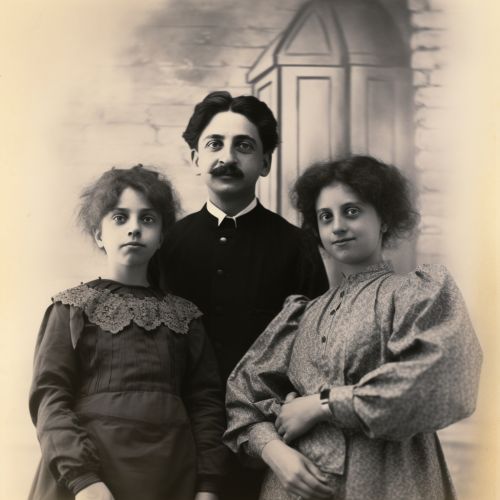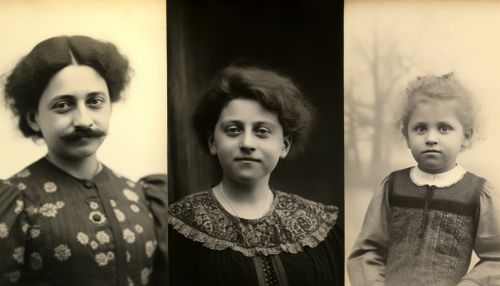Albert Einstein
Early Life and Education
Albert Einstein was born on March 14, 1879, in the German city of Ulm, in the Kingdom of Württemberg in the German Empire. His parents were Hermann Einstein, a salesman and engineer, and Pauline Koch. In 1880, the family moved to Munich, where Einstein's father and his uncle Jakob founded Elektrotechnische Fabrik J. Einstein & Cie, a company that manufactured electrical equipment based on direct current.


Einstein's education began at the Luitpold Gymnasium in Munich. However, he felt alienated there and struggled with the institution's rigid pedagogical style. He subsequently left Germany for Switzerland, where he was accepted into the Swiss Federal Polytechnic in Zurich at the age of 17.
Career and Achievements
Einstein graduated in 1900 as a teacher of physics and mathematics. After two years of teaching, he obtained a position at the Swiss Patent Office in Bern, where he evaluated patent applications for electromagnetic devices. In 1905, he published four groundbreaking papers in the journal Annalen der Physik, on the photoelectric effect, Brownian motion, special relativity, and the equivalence of mass and energy. These papers brought him to the attention of the academic world.
In 1915, Einstein presented a series of lectures at the Prussian Academy of Sciences where he described his theory of general relativity. The theory was confirmed in 1919, during the solar eclipse by British astrophysicist Arthur Eddington, and Einstein became an international icon of science.
Einstein moved to the United States in 1933, where he accepted a position at the Institute for Advanced Study in Princeton, New Jersey. He would remain there until his retirement in 1945.
Contributions to Science
Einstein's contributions to science are numerous. His theory of special relativity, which introduced the famous equation E=mc^2, revolutionized the field of theoretical physics. His work on the photoelectric effect, for which he received the Nobel Prize in Physics in 1921, has been pivotal for the development of quantum mechanics.
Einstein's work also had a significant impact on the philosophy of science. In his later years, he focused on unified field theory and although he did not succeed in his attempt, his research had a significant influence on the development of string theory and other aspects of theoretical physics.
Personal Life and Legacy
Einstein married Mileva Maric in 1903, and they had three children. The couple divorced in 1919, and Einstein married his cousin Elsa Löwenthal in the same year. Einstein died on April 18, 1955, in Princeton, New Jersey.
Einstein's intellectual achievements and originality have made the word "Einstein" synonymous with "genius". In addition to being one of the most prolific physicists of the 20th century, Einstein was also known as a philosopher and humanitarian. He has been the subject of numerous biographies and his scientific discoveries continue to inspire scientists and enthusiasts around the world.
